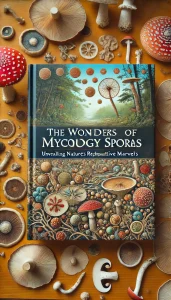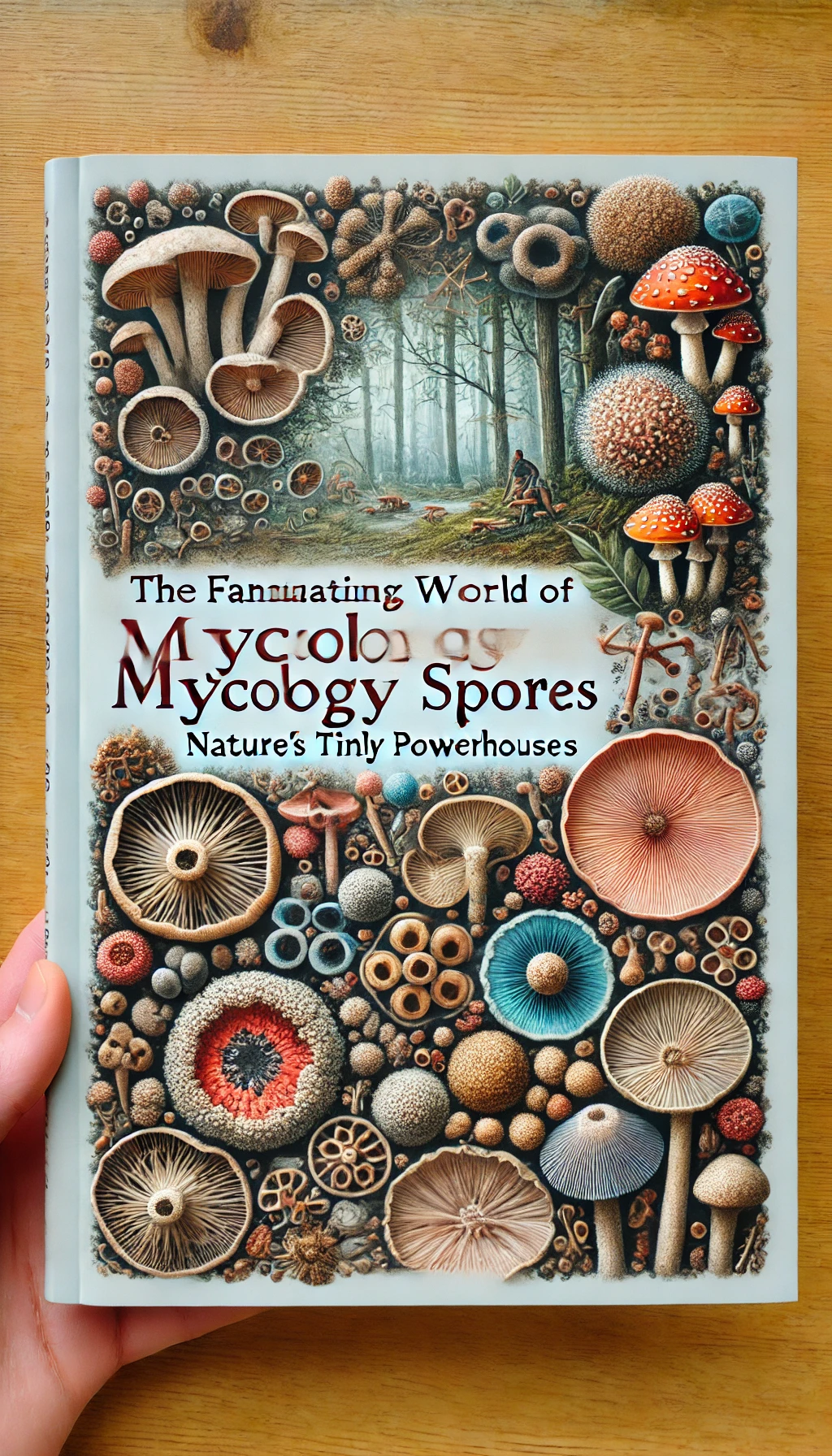
Free shipping for all ordes over $200+

Mycology, the study of fungi, unveils a realm of organisms that are as crucial to our ecosystem as they are captivating. At the heart of this fascinating field lie mycology spores, microscopic reproductive units that play a vital role in the propagation and survival of fungi. These spores are not only integral to the life cycle of fungi but also hold immense significance in various industries, including agriculture, medicine, and biotechnology.
Mycology spores are the reproductive cells of fungi, akin to seeds in plants. They are incredibly diverse in shape, size, and structure, tailored to the specific needs and environmental conditions of the fungi they belong to. Spores can be produced sexually or asexually, with each method offering distinct advantages for survival and dispersal.
Sexual spores are formed through the fusion of two compatible fungal cells, leading to genetic recombination and greater genetic diversity. This diversity enhances the adaptability of fungi to changing environments. Asexual spores, on the other hand, are clones of the parent fungus, allowing for rapid and efficient reproduction when conditions are favorable.
Spores are the primary means by which fungi reproduce and spread. When conditions are right—adequate moisture, temperature, and nutrient availability—spores germinate and grow into new fungal organisms. This ability to lie dormant and then spring to life under favorable conditions is a key factor in the resilience and widespread presence of fungi in various ecosystems.
In their dormant state, mycology spores can withstand extreme conditions, such as drought, heat, and cold. This resilience ensures the survival of the fungal species across seasons and through environmental fluctuations. When the environment becomes conducive, the spores germinate, forming mycelium, a network of fungal threads that eventually give rise to the fruiting bodies, such as mushrooms, that produce more spores.
Mycology spores play a crucial role in ecosystem dynamics. Fungi, through their spores, contribute to nutrient cycling by breaking down organic matter. This decomposition process releases essential nutrients back into the soil, supporting plant growth and maintaining soil health. Without fungi and their spores, ecosystems would struggle to recycle nutrients efficiently, leading to a buildup of organic waste and a decline in soil fertility.
Moreover, mycology spores facilitate symbiotic relationships between fungi and plants. Mycorrhizal fungi, for instance, form mutualistic associations with plant roots, enhancing nutrient uptake for the plant while receiving carbohydrates in return. These relationships are vital for the health and productivity of many ecosystems, including forests and grasslands.
Beyond their ecological roles, mycology spores have significant applications in various industries. In agriculture, spore-based inoculants are used to enhance soil fertility and promote plant health. These inoculants contain beneficial fungal spores that establish symbiotic relationships with crops, improving nutrient absorption and resistance to pathogens.
In medicine, fungi are a source of antibiotics, immunosuppressants, and other bioactive compounds. The discovery of penicillin, derived from the Penicillium fungus, revolutionized medicine and underscored the importance of fungi in pharmaceutical research. Modern biotechnology continues to explore fungal spores for the production of novel drugs and enzymes.
Mycology spores are remarkable entities that embody the resilience and adaptability of fungi. Their ability to reproduce, disperse, and survive in diverse environments underscores their ecological importance and their potential in various industries. As we delve deeper into the world of mycology, understanding and harnessing the power of these tiny spores can lead to advancements in agriculture, medicine, and environmental conservation. Through continued research and exploration, the secrets held within mycology spores promise to unveil new possibilities and applications, enriching our understanding of the natural world and its intricate processes.

Copyright © 2024 EPIC SPORES. All Rights Reserved.
an Affordable Ads Group LLC Website
